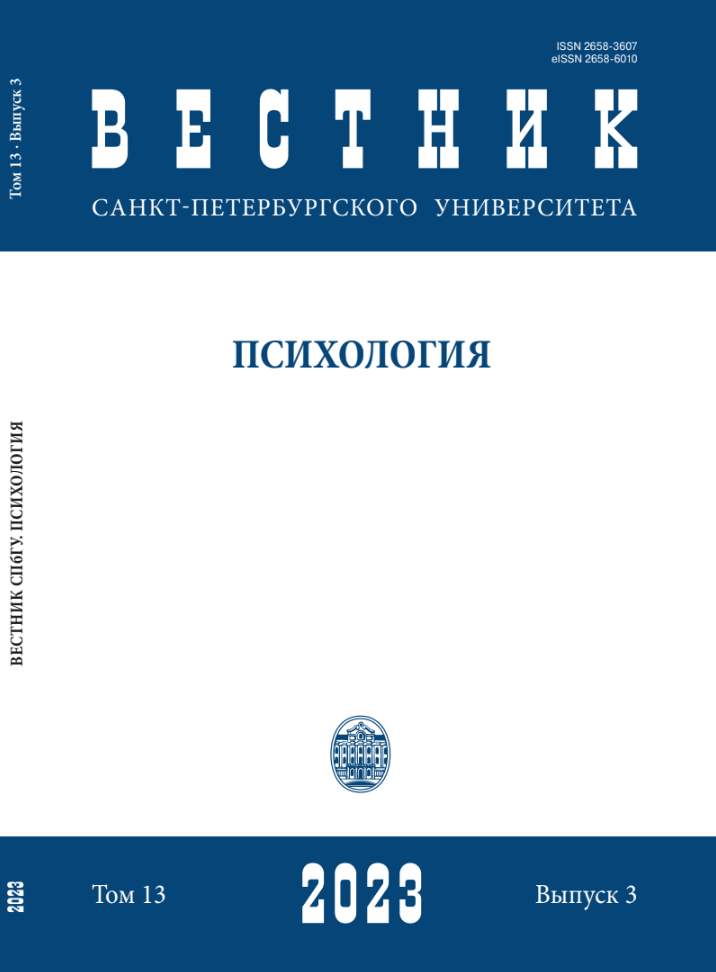Метакогнитивный мониторинг и контроль в ситуации распределенного познания
DOI:
https://doi.org/10.21638/spbu16.2023.303Аннотация
Современный мир характеризуется непрерывным расширением спектра доступной информации, возможностей коммуникации с другими людьми с помощью различных технологий, повышением мультизадачности. В итоге когнитивная активность современного человека часто носит распределенный характер, то есть опирается на использование внешних ресурсов и устройств, а также привлечение других людей. В связи с этим важное значение приобретает развитие метакогнитивных знаний и стратегий, которые бы позволяли эффективно использовать не только собственные когнитивные возможности, но и те, что стали доступны благодаря культуре и технологиям. Цель данной обзорной статьи — анализ и описание специфики метакогнитивного мониторинга и контроля в контексте распределенного познания. В статье рассматриваются основные подходы к объяснению способов формирования метакогнитивных оценок, а также эмпирические работы, свидетельствующие о включенности данных оценок в регуляцию процессов решения когнитивных задач. Особый акцент сделан на роли метакогнитивных переживаний в профилактике и коррекции когнитивных ошибок в контексте совместного и распределенного познания. Показано, что метакогнитивные переживания и основанные на них суждения участвуют в построении представлений о собственной компетентности и способности решить поставленную задачу здесь и сейчас; регулируют запуск и остановку поиска информации, являются триггером когнитивной разгрузки, обращения за помощью и принятия советов из внешних источников; участвуют в формировании представлений о компетентности другого, чьи советы могут быть использованы для повышения собственной эффективности (в том числе для социальной верификации знаний); используются в качестве эвристики при принятии совместных решений.
Ключевые слова:
метакогниции, метакогнитивные переживания, распределенное познание, когнитивная разгрузка, дилемма исследования/использования, эпистемическое доверие, эвристика уверенности
Скачивания
Библиографические ссылки
References
Загрузки
Опубликован
Как цитировать
Выпуск
Раздел
Лицензия
Статьи журнала «Вестник Санкт-Петербургского университета. Психология» находятся в открытом доступе и распространяются в соответствии с условиями Лицензионного Договора с Санкт-Петербургским государственным университетом, который бесплатно предоставляет авторам неограниченное распространение и самостоятельное архивирование.




